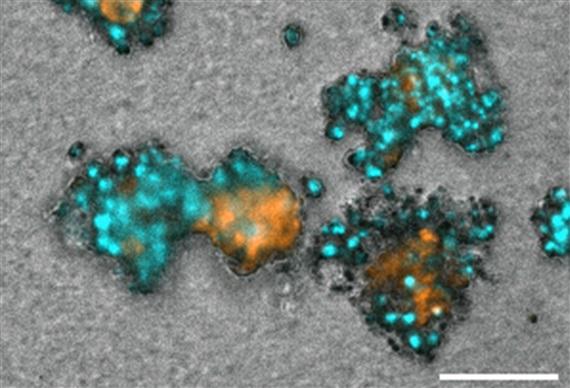Personal organoids could help individualize cancer treatment
RESEARCH SUMMARY
Personal organoids could help individualize cancer treatment
Study Title: Individualizing treatment using patient derived organoids, BH3 profiling and microfluidics: A proof of concept in a patient with low-grade serous ovarian carcinoma
Publication: AACR Abstract, Poster Session: Sunday, April 16, 2023, 1:30 pm - 5:00 pm https://www.abstractsonline.com/pp8/#!/10828/presentation/2416
Dana-Farber Cancer Institute author: Elena Ivanova, PhD, Ursula A. Matulonis, MD, Joyce F. Liu, MD, MPH, Anthony Letai, MD, PhD
Summary:
To date, there are no model or cellular-based systems that are able to predict if an anti-cancer therapy will have efficacy for an individual patient before it is prescribed. Researchers at Dana-Farber are investigating an N-of-1 treatment paradigm in which a patient’s cancer is developed into patient-derived organoids (PDOs), which are 3D cultures of tumor cells from an individual patient. These organoids can then be used to evaluate therapy regimens. This study describes a proof-of-concept of this approach in a patient with a diagnosis of low-grade serous ovarian cancer (LGSC). First, the researchers obtained tumor samples from the patient at the time of surgery, and within 14 days, a PDO model was made from the patient’s tumor tissue. The patient’s personal organoids were then used to test 13 standard and non-standard of care anti-cancer therapies. Tests included BH3 profiling, which determines if the medicine is inducing cell death in the organoid, and a cell viability test that uses 3D microfluidics to determine which cells are alive and which are dead. The tests are performed in sequence, with BH3 profiling done 24 hours after treatment, and then cell viability 6 days later. The organoids showed sensitivity using both tests to two drugs, navitoclax and venetoclax, reducing cell viability by about 90% and showing high scores indicating induction of cell death. They did not show sensitivity to two drugs the patient had already tried with little response.
Impact:
Low-grade serous ovarian cancer comprises about 10% of ovarian cancers and tends to affect younger women. These tumors are often resistant to standard chemotherapy and sensitive to other medicines, such as hormonal therapy or MEK inhibitors. Thus far, there are no reliable ways to determine which option will work best for an individual patient. An N-of-1 approach that uses a patient’s tumor as a model to test for sensitivity to therapy prior to treatment could help personalize therapy, and testing of additional patients’ cancer samples is underway.
Funding:
Pan Mass Challenge Team Dedicated to Low-Grade Serous Ovarian Carcinoma
The Nancy Lane Genovese Fund
Fighting Ovarian Cancer from Michael D. Genovese
Jill and Michael Stansky Fund
P50CA240243 Ovarian Cancer SPORE
Breast Cancer Research Fund
Robert and Renée Belfer Family Foundation
Expect Miracles Foundation
Media Contacts
If you are a journalist and have a question about this story, please call 617-632-4090 and ask to speak to a member of the media team, or email media@dfci.harvard.edu.
The Media Team cannot respond to patient inquiries. For more information, please see Contact Us.
